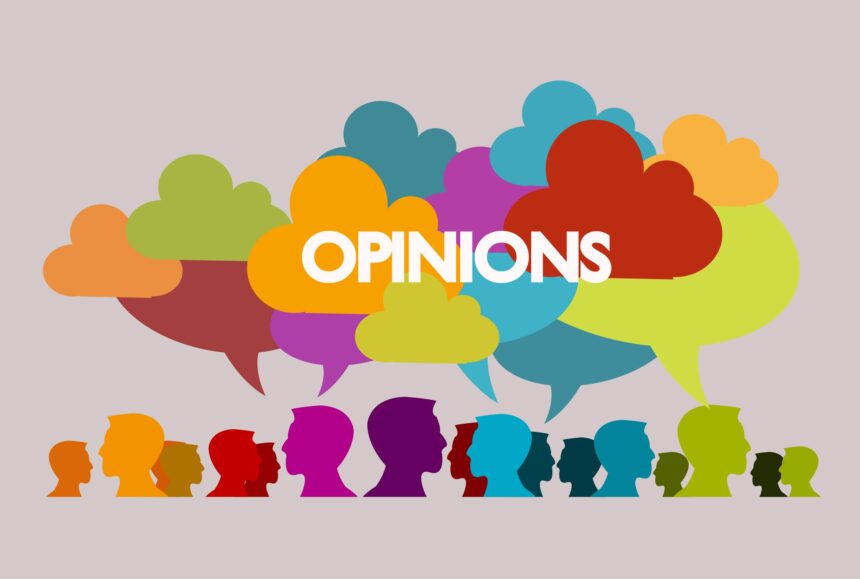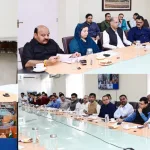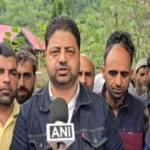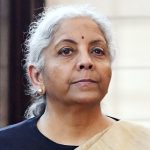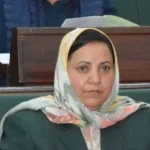The recent incident at premier SMHS Hospital in Srinagar — where a patient’s attendant physically attacked a doctor — triggered an avalanche of outrage, chaos, and confusion. As tempers flared and the situation escalated, doctors went on strike. Somewhere along the way, journalists too were drawn into the fray. What should have sparked sober introspection instead turned into another episode of blame and bitterness — doctors versus attendants, journalists versus doctors, public versus system.
But let’s be clear: SMHS was not the beginning. It was merely a flashpoint — a manifestation of deeper, systemic rot that has seeped into the very foundations of our society. Today, everyone is pointing fingers. But how many are willing to look in the mirror? The uncomfortable truth is this: we are all responsible.
The decline of our institutions — be it hospitals, media, schools, bureaucracy or politics — didn’t happen overnight. It has been a slow collapse, enabled not just by the corrupt or the incompetent, but also by our silence, our shortcuts and our compromises. We complain about the mess, but rarely ask: What role have I played in this?
Let’s start with the media. Yes, it’s failing us in many ways. But what about the consumers? We complain about sensationalism, yet it’s the click bait and conspiracy that we rush to share. We say we want truth, but we amplify lies. We expect the media to be ethical, but we’ve allowed social media “journalism” to take its place — where facts are an afterthought and truth becomes casual.
Worse still, we know that certain individuals — with no background in journalism, no commitment to ethics — are openly blackmailing institutions and individuals under the garb of “journalism.” They exploit grief, twist narratives, stoke hate, and pass it off as news. Yet these vultures have lakhs of followers on social media accounts. And they didn’t descend from the skies. They are mostly our own — fellow Kashmiris.
So the next time you blame “the media” for the mess, take a pause. Ask yourself: Who gave power to these social media charlatans? Who likes, shares, follows, and forwards their filth? It’s not the media that failed us — it’s us who promoted the worst among us and ignored the best.
Likewise, when doctors are attacked, we’re quick to rage — but slow to understand.
Yes, medical negligence exists. But so do overworked doctors, broken systems and lack of support. How often do we demand better healthcare infrastructure? When doctors strike in protest, we’re furious. But when they plead for basic dignity or security, we shrug.
The truth is: every pillar of our society is showing cracks — because the foundation is broken. And that foundation is us.
We demand honesty but reward lies. We speak of values but violate them when it suits us. We want justice, but we stay silent unless we are the ones affected. We rage against the corrupt, then vote for them. We romanticize resistance but ridicule reform.
The result is a society that’s drifting — angry, anxious, and cynical. Every tragedy becomes a spectacle. Every disagreement becomes a battlefield. We don’t seek solutions; we seek someone to blame.
But nothing will change until we each place a finger on our own chest and ask: Am I part of the problem or the healing?
It is not enough to curse the doctor, the journalist, the bureaucrat, the official and the politician. They are part of the same society we are. They reflect our values, or the lack of them. If the system is rotten, it’s because we’ve either contributed to the rot or ignored it for too long.
Let’s be clear: violence in hospitals is never acceptable. Doctors must be protected. But accountability must exist, too — in hospitals, in media, in governance, and in public discourse.
And let’s not forget: change doesn’t begin with hashtags. It begins when each of us decides to stop being a bystander. To stand for truth even when it’s inconvenient. To call out lies even when they come from people we like. To demand better not just from institutions, but from ourselves.
The next time there’s chaos in a hospital, let it not be a doctor vs attendant fight. Let it be an opportunity to build trust, ensure accountability, and protect dignity — of both the healer and the healed.
The next time you forward a viral video, ask yourself: Is this truth or poison wrapped in drama? The next time you feel like blaming the media, take a long, hard look at who you’ve been following — and who you’ve been ignoring.
Kashmir has suffered too much already. We cannot afford to let our hospitals become battlegrounds and our screens become weapons. Let us not burn what little trust remains between people and professionals, between truth and information, between grief and healing.
Because at the end of the day, outrage will not save us. Only introspection will.
(Author is Deccan Herald’s Bureau Chief and cover Jammu and Kashmir. Twitter: @zulfikarmajid)


